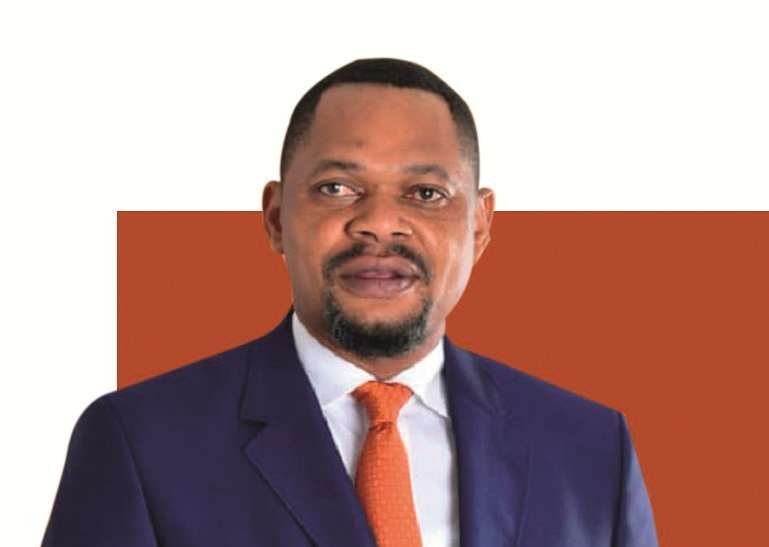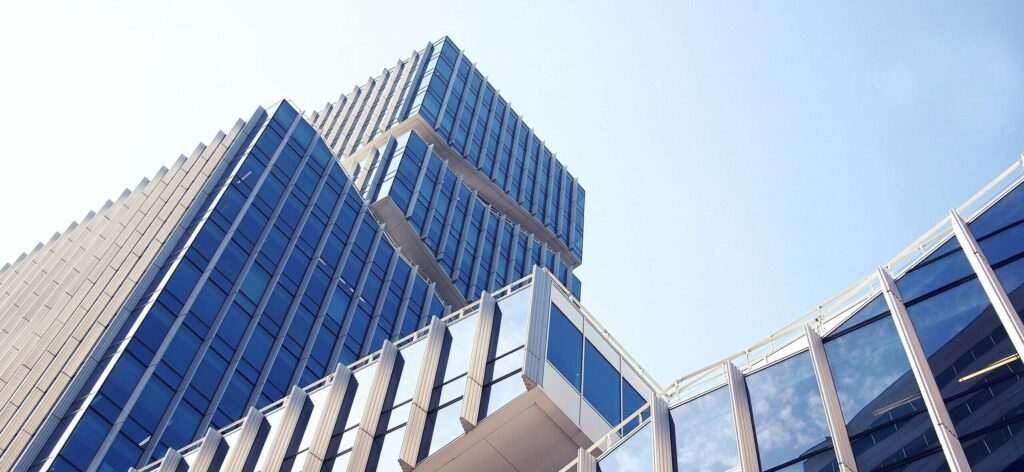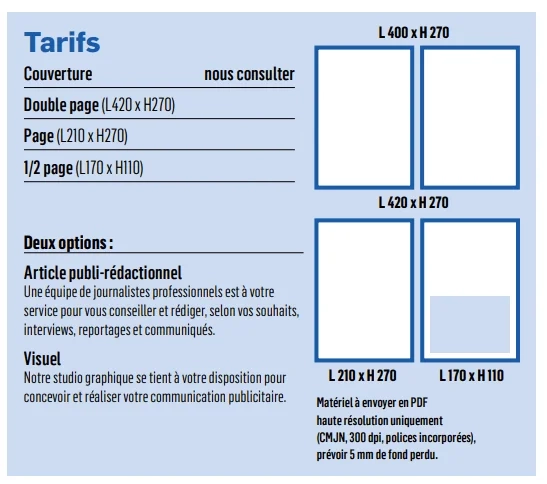
Since March 24, 2023, José Mpanda has assumed the role of Minister of Agriculture. The Congolese agricultural sector remains a priority and constitutes an important axis of the Government's Action Program.
Born on August 31, 1971, José Mpanda Kabangu, after studying law, was a legal advisor to the Kasaï wa Balengele Diamond Counter from 1998 to 2000. He was also an advisor and specialist in labor dispute resolution for several companies and NGOs. In 2000, he became a lawyer at the Kinshasa-Gombe and Mbuji-Mayi bars.
José Mpanda took his first steps in politics in 2007, joining the office of Alphonse Ngoy Kasanji, Governor of Kasaï-Oriental, as an advisor. In 2011, he was elected national deputy for Mbuji-Mayi. Re-elected national deputy in 2018, he became president of the ADRP-G18 parliamentary group.
On August 29, 2019, José Mpanda was appointed Minister of Scientific Research and Technological Innovation in the Ilunga government, President Tshisekedi's first government. He will be one of the few ministers to retain his position in the Lukondé government, a reappointment following recognition of the work carried out in the previous government. "A ministry is the foundation of development," he stated during his previous appointment, during which he modernized and made research centers and institutes viable, as well as promoted Congolese researchers.
A man of great challenge, José Mpanda will still be able to distinguish himself at the head of the Ministry of Agriculture to move towards the food security so sought after by the Congolese population. This lawyer by training will notably have to accelerate the program of the Agenda for the Agricultural Transformation of the Democratic Republic of Congo (ATA-RDC), an initiative of the Head of State, implemented in February 2022. The ATA-RDC in 2023 notably involves the increase in the budget allocated to the Ministry of Agriculture, the creation of eight agro-industrial zones and the experimentation of cassava in the bread-making sector. The budget of the Ministry of Agriculture, estimated at 709 million USD, is thus an increase of more than 50% compared to the 2022 fiscal year.
With 80 million hectares of arable land and its regular hydrological regime, the DRC offers the greatest potential for the production and processing of agricultural products. Faced with this enormous potential, President Félix Tshisekedi advocates a win-win partnership with donors and other investors. The sector can indeed lay the foundations for economic diversification by opting for production.
















 A Seat That Transforms into a Bed
A Seat That Transforms into a Bed  In the world of air travel, economy class is often considered the most affordable option. However, at Air Afrika, we believe that affordability shouldn't mean compromising on quality of service. Our class
In the world of air travel, economy class is often considered the most affordable option. However, at Air Afrika, we believe that affordability shouldn't mean compromising on quality of service. Our class









